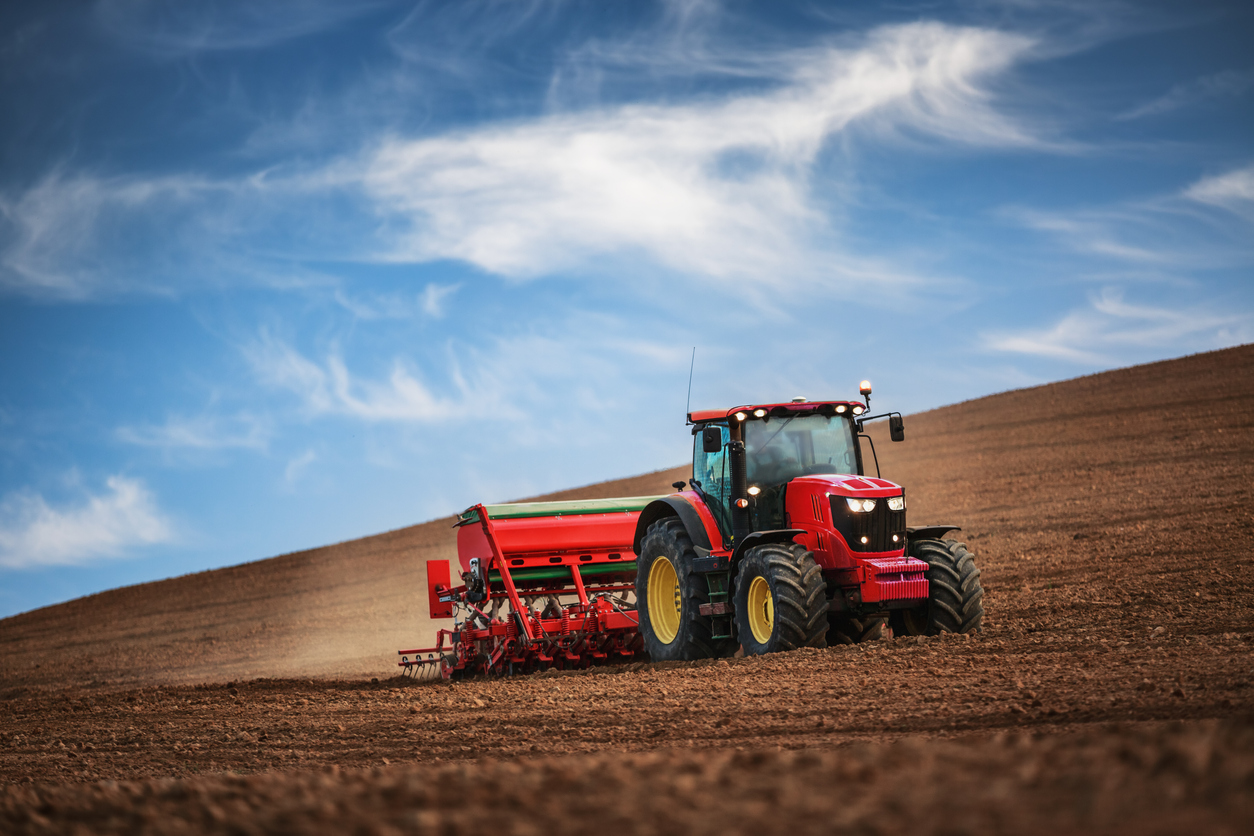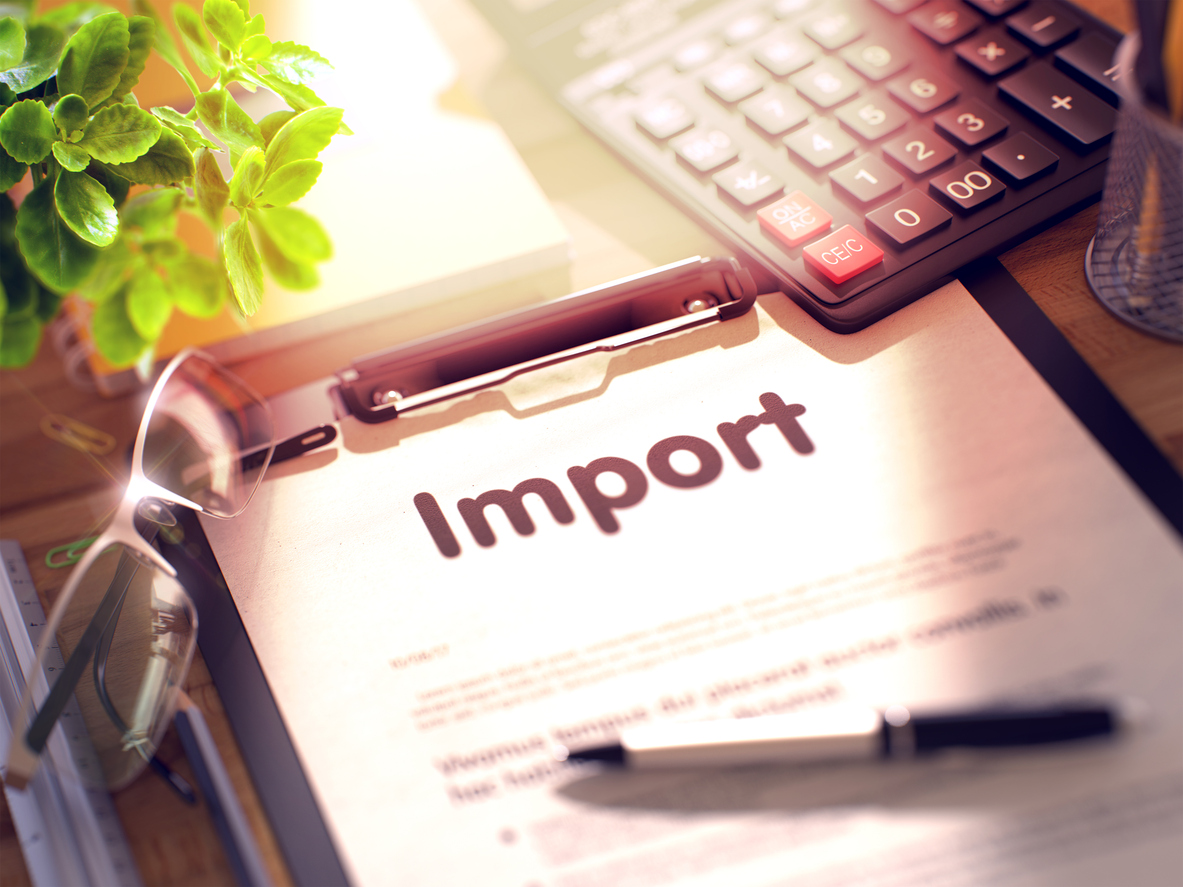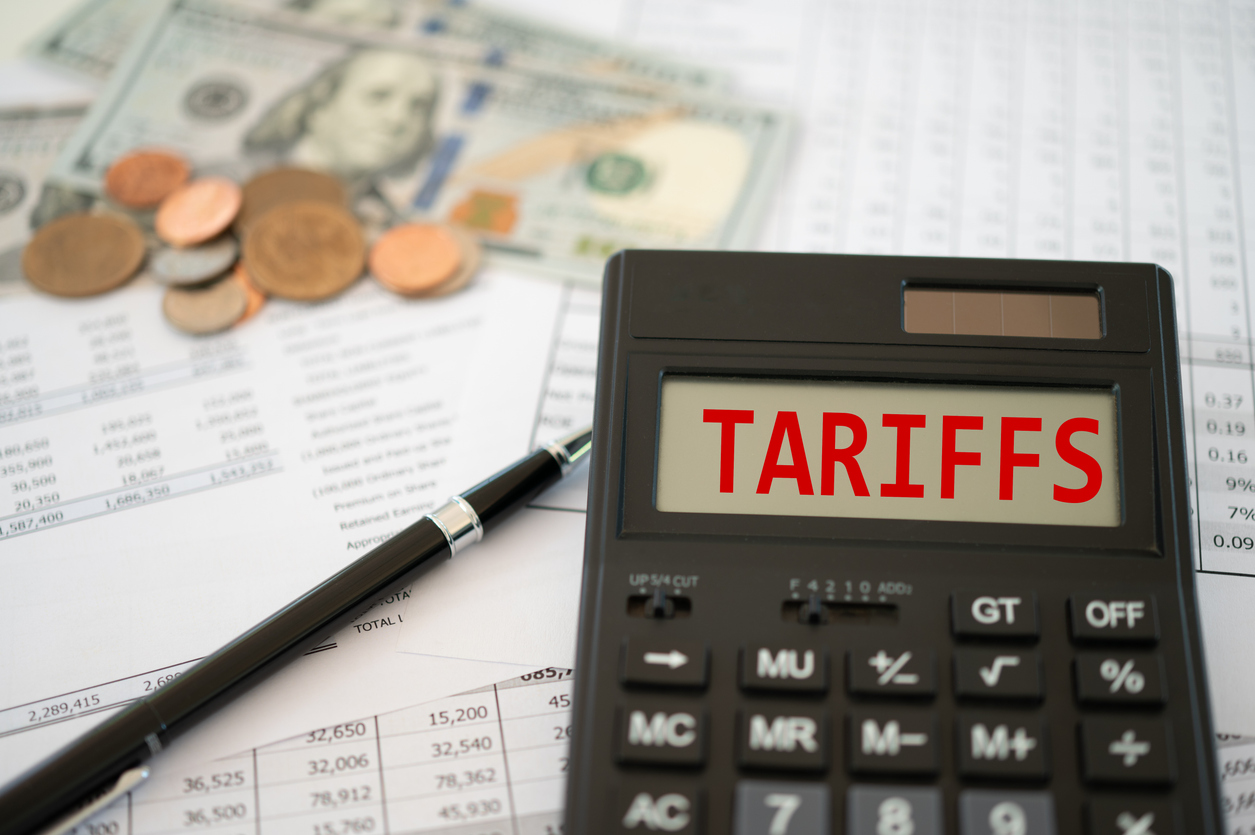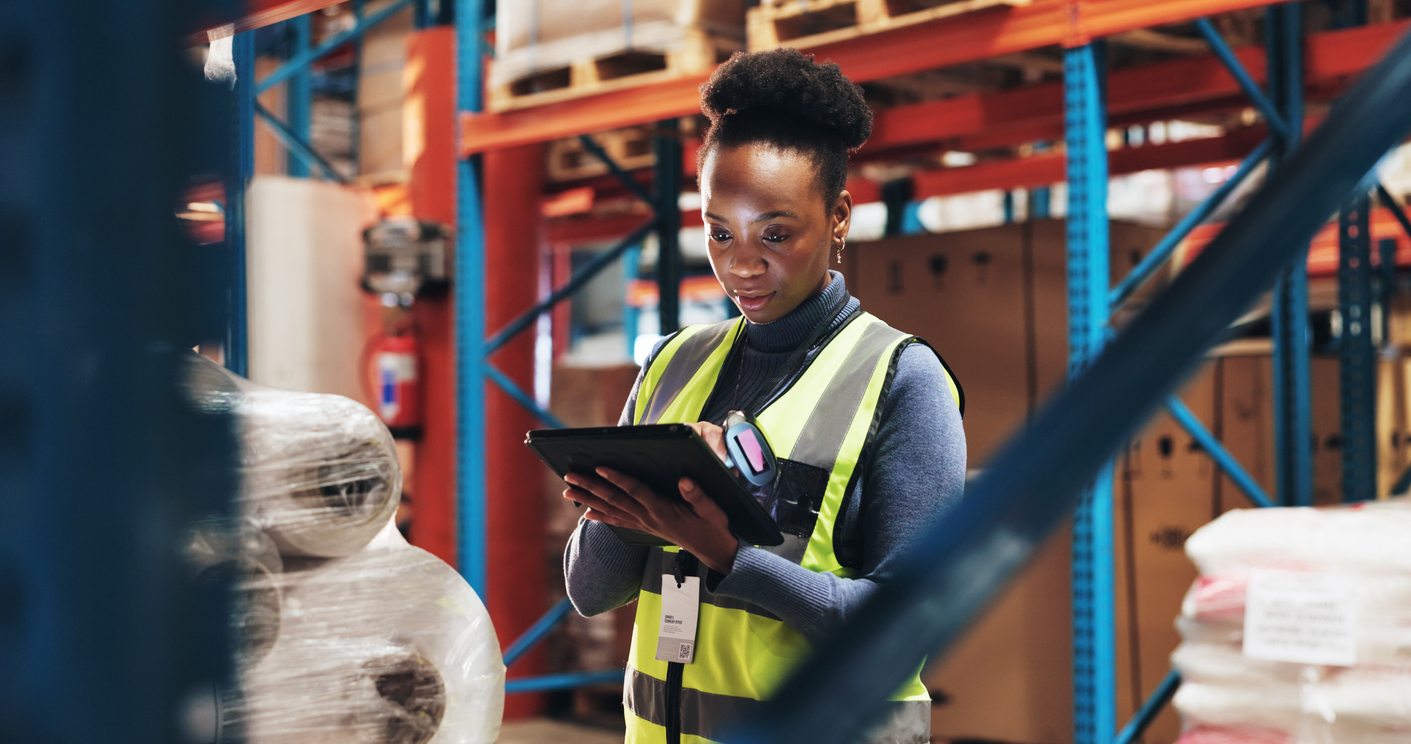Importing Tractors into Nigeria – A Complete Guide
Importing Tractors into Nigeria – A Complete Guide
Importing tractors into Nigeria can significantly boost the agricultural sector, providing farmers with the necessary machinery to enhance productivity. This guide outlines the essential steps, procedures, and tips for importing tractors into Nigeria, ensuring a smooth and efficient process. Leverage the expertise of Wigmore Trading for a seamless experience.
Step 1: Conduct Market Research
Overview: Before importing tractors, it is crucial to understand the demand, market trends, and specific needs within the Nigerian agricultural sector.
Key Points:
- Assess the demand for different types of tractors (e.g., compact, utility, row crop).
- Identify potential suppliers and compare prices and features.
- Understand the competitive landscape and market opportunities.
Sources:
Step 2: Find Reliable Suppliers
Overview: Selecting a trustworthy supplier ensures the quality and reliability of the tractors.
Steps:
- Use online platforms such as Alibaba, Global Sources, and Made-in-China to find reputable suppliers.
- Verify the credibility of suppliers through reviews, certifications, and references.
- Request detailed specifications and compare features and prices.
Sources:
Step 3: Understand Import Regulations
Overview: Compliance with Nigerian import regulations is essential to avoid legal issues and delays.
Key Regulations:
- Obtain an Import License from the Nigerian Export Promotion Council (NEPC).
- Ensure tractors meet the Standards Organization of Nigeria (SON) requirements for safety and emissions.
- Register for a Tax Identification Number (TIN) with the Federal Inland Revenue Service (FIRS).
Sources:
- Nigerian Export Promotion Council (NEPC)
- Standards Organization of Nigeria (SON)
- Federal Inland Revenue Service (FIRS)
Step 4: Arrange Shipping and Logistics
Overview: Choose a reliable shipping method and manage logistics for efficient transportation of tractors.
Steps:
- Select a Shipping Method: Decide between sea freight and air freight based on the size and urgency of the shipment.
- Choose a Shipping Company: Work with a reputable freight forwarder to handle logistics.
- Prepare Necessary Documents: Ensure all required documents, such as the Bill of Lading, Commercial Invoice, and Packing List, are in order.
Emphasize: Register with Wigmore Trading for streamlined shipping and logistics solutions.
Step 5: Handle Customs Clearance
Overview: Navigating the customs clearance process is crucial for the legal importation of tractors.
Steps:
- Submit Required Documents: Present the Bill of Lading, Commercial Invoice, and SONCAP Certificate to Nigerian Customs.
- Pay Import Duties and Taxes: Calculate and pay the necessary import duties and taxes according to the Nigerian Customs tariff.
- Obtain Release Order: Once cleared, obtain a release order from customs to take possession of the tractors.
Sources:
Step 6: Transportation to Final Destination
Overview: Arrange for the transportation of cleared tractors to your warehouse or point of sale.
Steps:
- Hire a Local Transport Company: Use a reliable local logistics service for safe and efficient transportation.
- Inspect the Shipment: Ensure that the tractors are in good condition upon arrival.
Sources:
Conclusion
Importing tractors into Nigeria involves several critical steps, from market research and supplier selection to compliance with regulations, arranging shipping, and handling customs clearance. By following this comprehensive guide and leveraging the services provided by Wigmore Trading, you can ensure a successful import process and contribute to the advancement of Nigeria’s agricultural sector.








LEAVE A COMMENT
You must be logged in to post a comment.